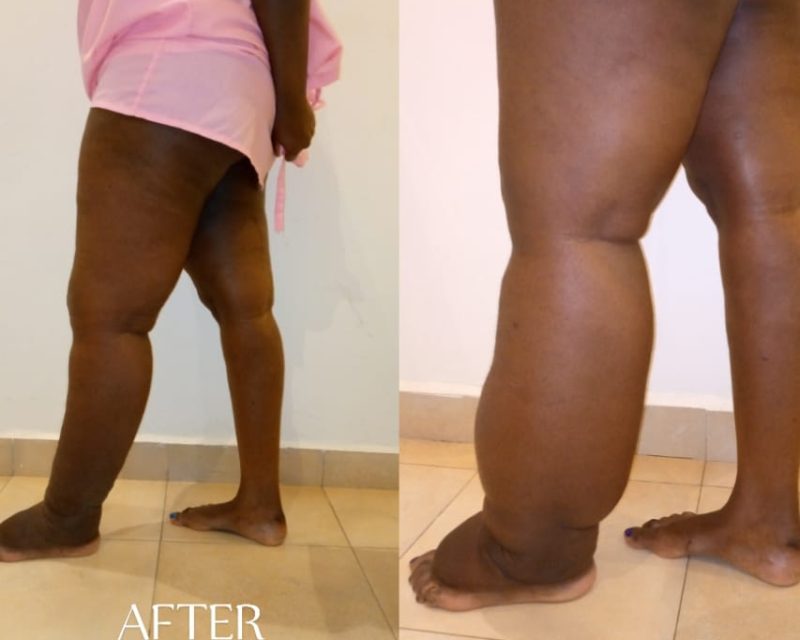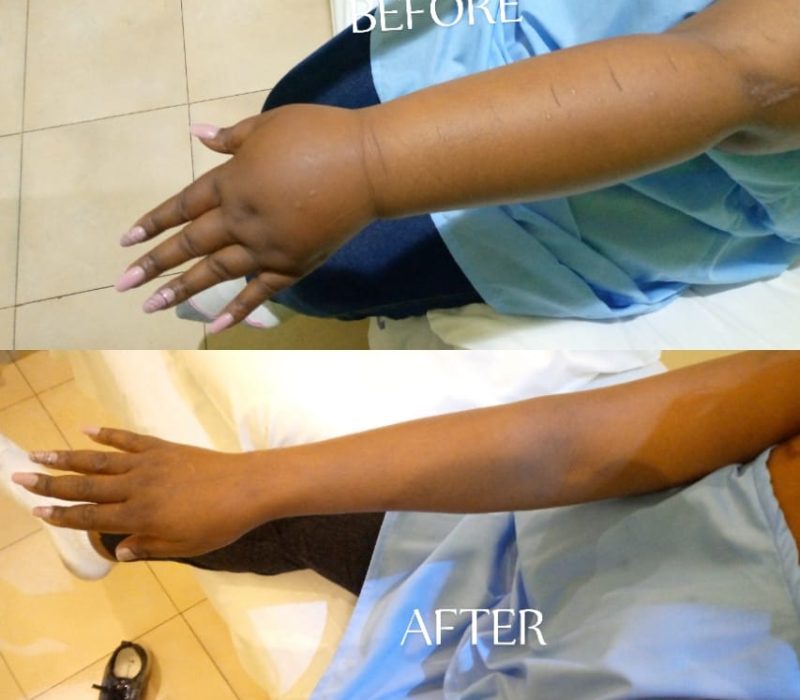Lymphedema

Understanding Lymphedema
Lymphedema is a chronic condition characterized by swelling, usually in the arms or legs, due to a buildup of lymph fluid. It often results from damage to or removal of lymph nodes, commonly due to cancer treatment, infections, or congenital factors. While there is no cure, effective management can reduce symptoms and improve quality of life.
Common Causes of Lymphedema
Lymphedema can develop due to various factors, including:
Cancer Treatment: Lymph node removal or radiation therapy can disrupt lymphatic drainage.
Infections: Certain infections can damage the lymphatic system, leading to swelling.
Congenital Conditions: Some individuals are born with underdeveloped or malfunctioning lymphatic vessels.
Surgery or Trauma: Injury to lymph nodes or vessels can impair fluid movement.
Obesity: Excess weight can put pressure on the lymphatic system, increasing the risk of lymphedema.
Symptoms of Lymphedema
- Swelling in one or more limbs, fingers, or toes.
- A feeling of heaviness, tightness, or discomfort in the affected area.
- Decreased flexibility and range of motion.
- Skin thickening or hardening (fibrosis) over time.
- Increased risk of infections, such as cellulitis.
Treatment Options
At Lymph Pelvic Care, we provide a comprehensive approach to managing lymphedema, including:
Manual Lymphatic Drainage (MLD): Specialized massage techniques to improve lymph flow.
Compression Therapy: Use of bandages or compression garments to reduce swelling.
Exercise Therapy: Gentle movement routines to promote fluid drainage and improve mobility.
Skin Care: Preventative measures to reduce the risk of infections and maintain skin health.
Pneumatic Compression Devices: Mechanical pumps to stimulate lymphatic circulation.
Surgical Interventions: In select cases, procedures such as lymph node transfer or bypass surgery may be considered.
Why Choose Our Lymphedema Care Services?
- Experienced Specialists: Led by experts in lymphedema management and rehabilitation.
- Personalized Treatment Plans: Tailored strategies to meet your unique needs and symptoms.
- Comprehensive Care: Addressing physical, medical, and lifestyle factors for long-term management.
- Compassionate Support: A patient-centered approach focused on improving daily comfort and function.

Take Control of Lymphedema Today
Early intervention and ongoing care can make a significant difference in managing lymphedema. Contact us today to schedule a consultation and start your personalized treatment plan.
